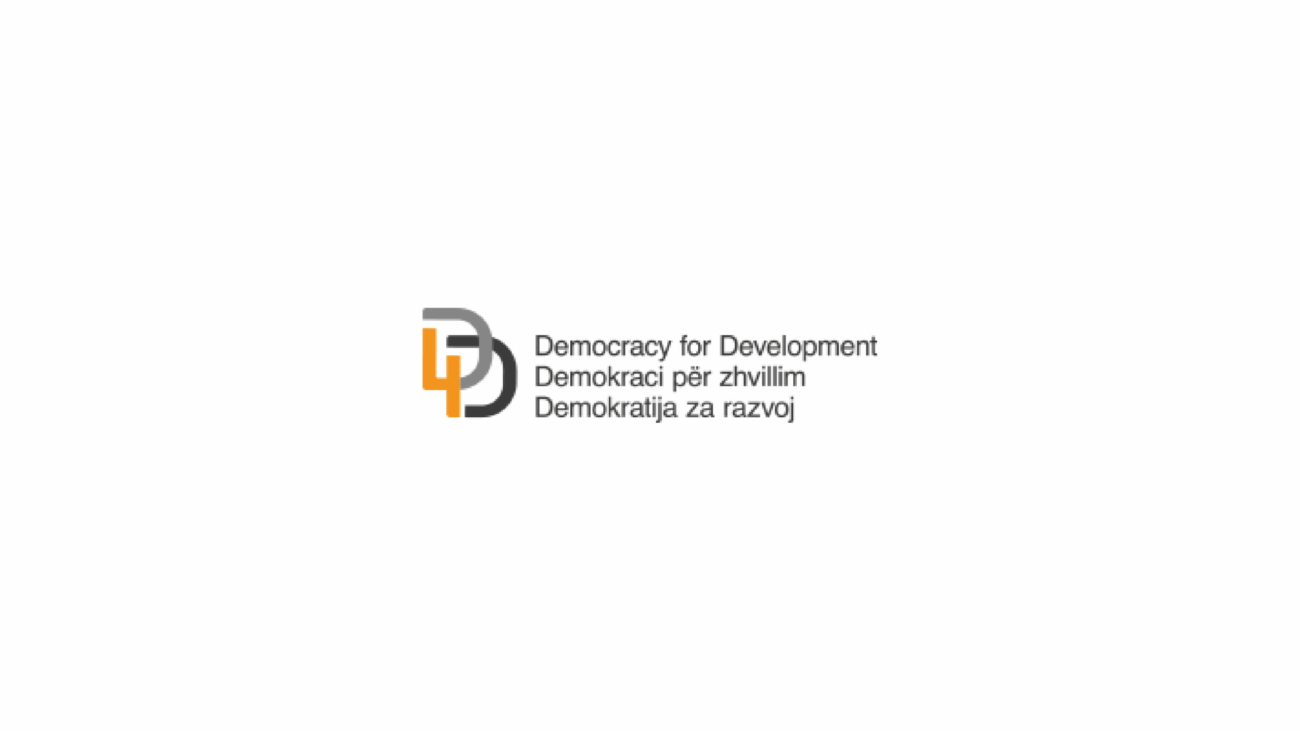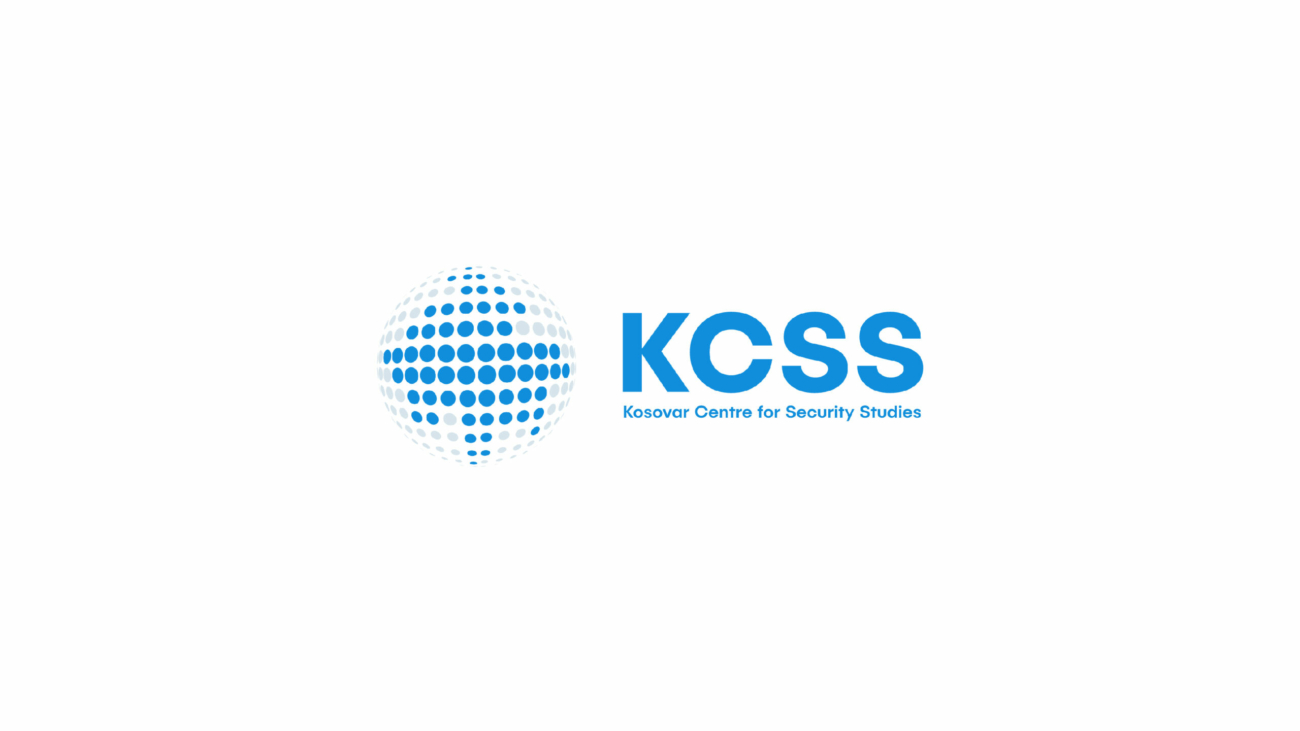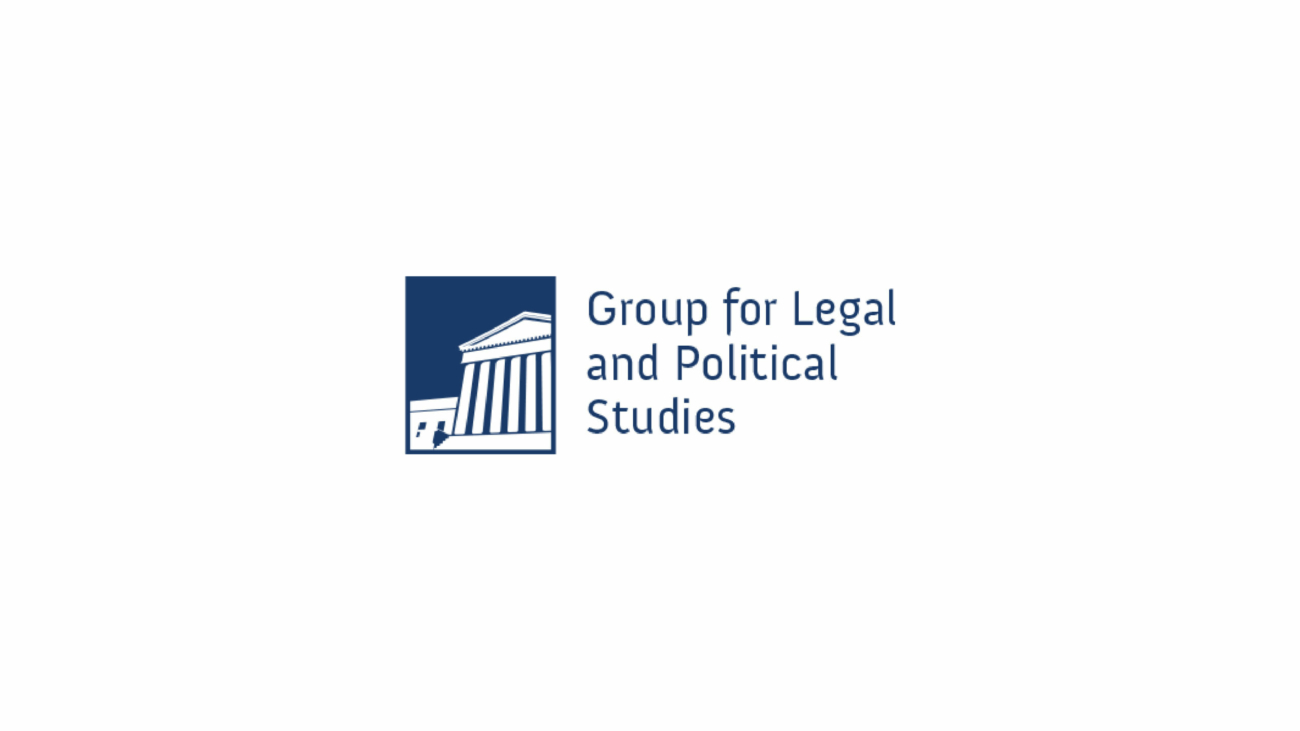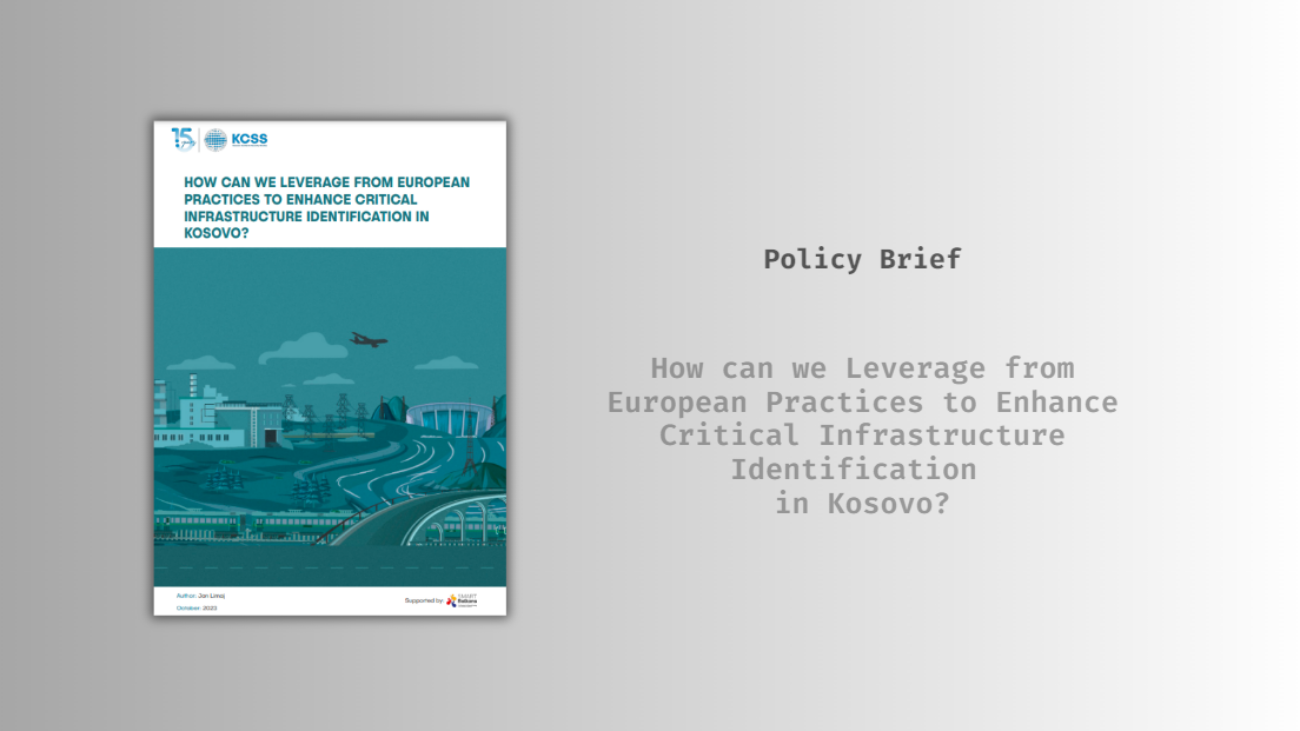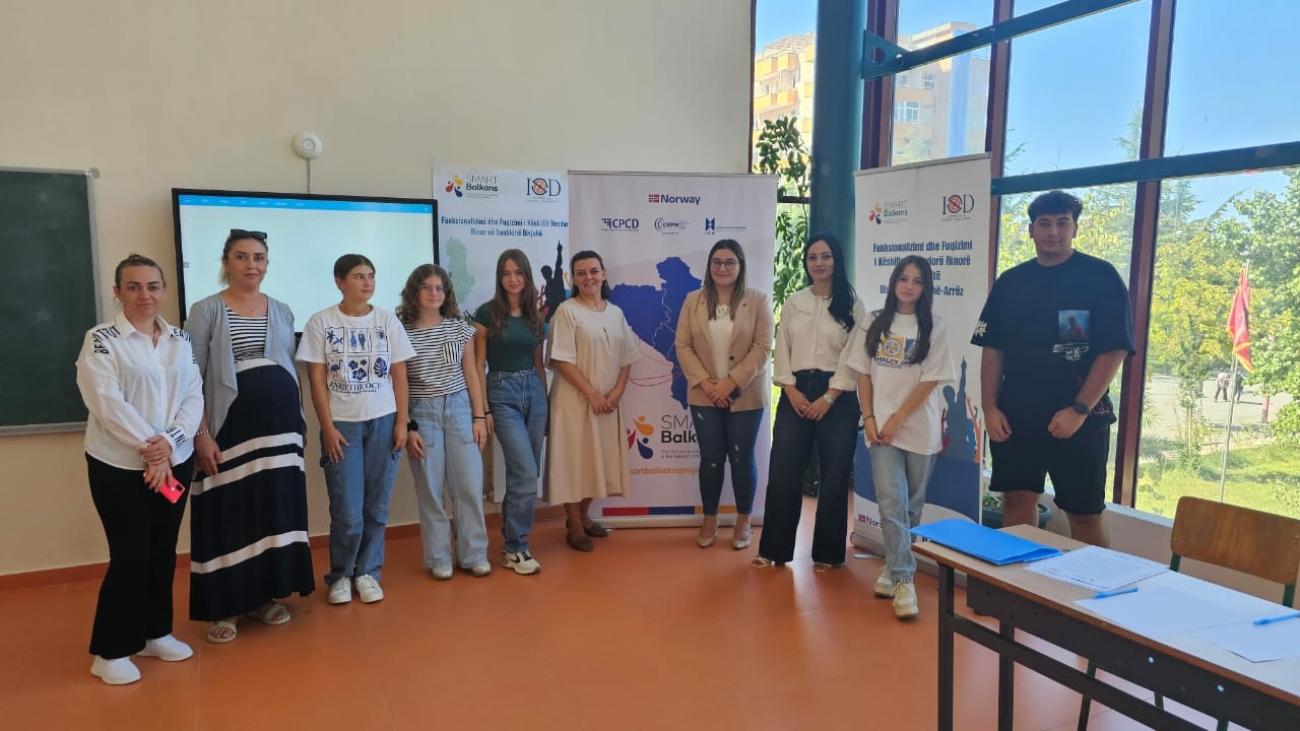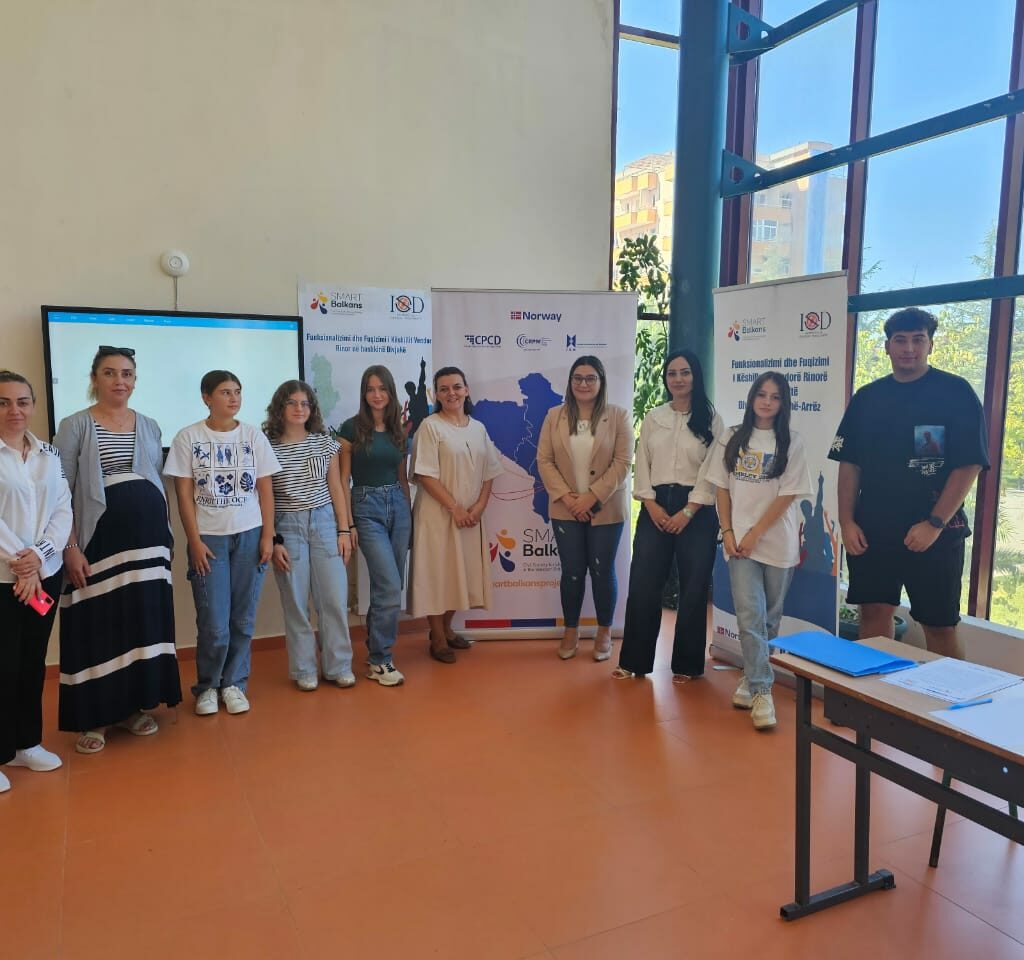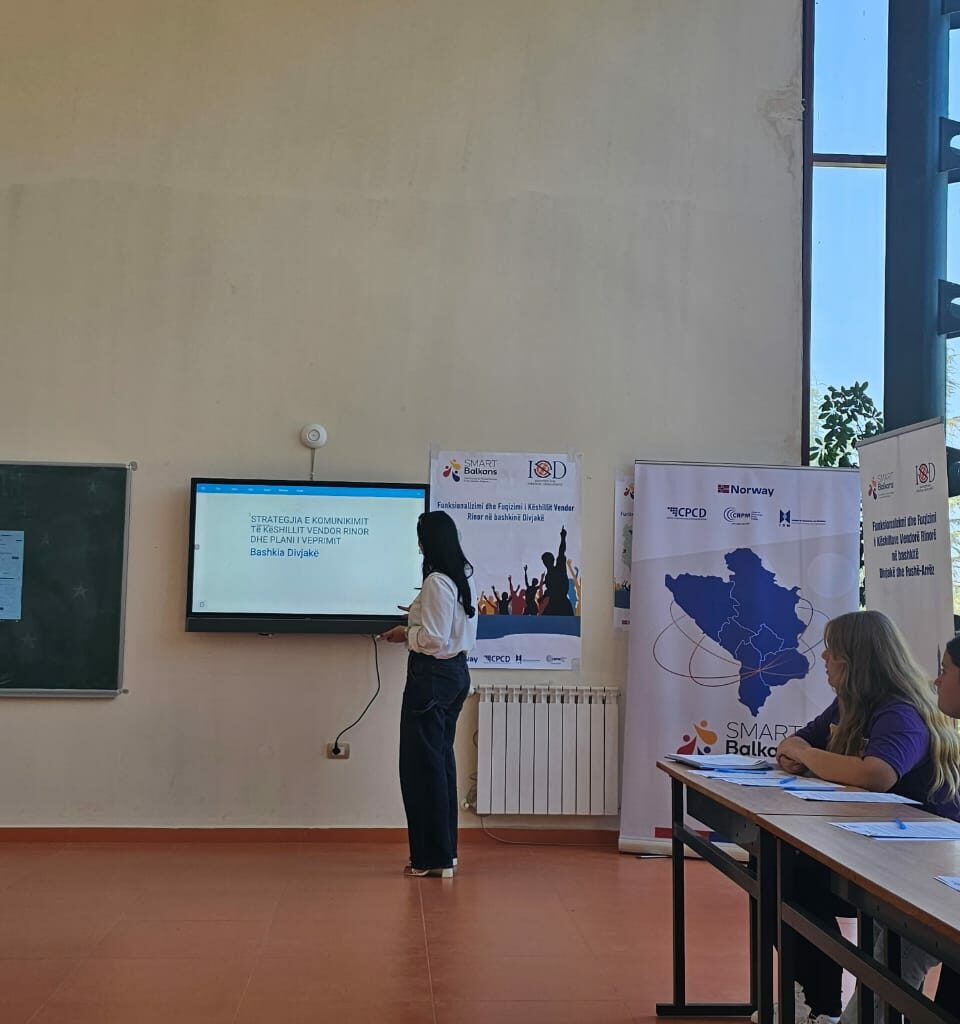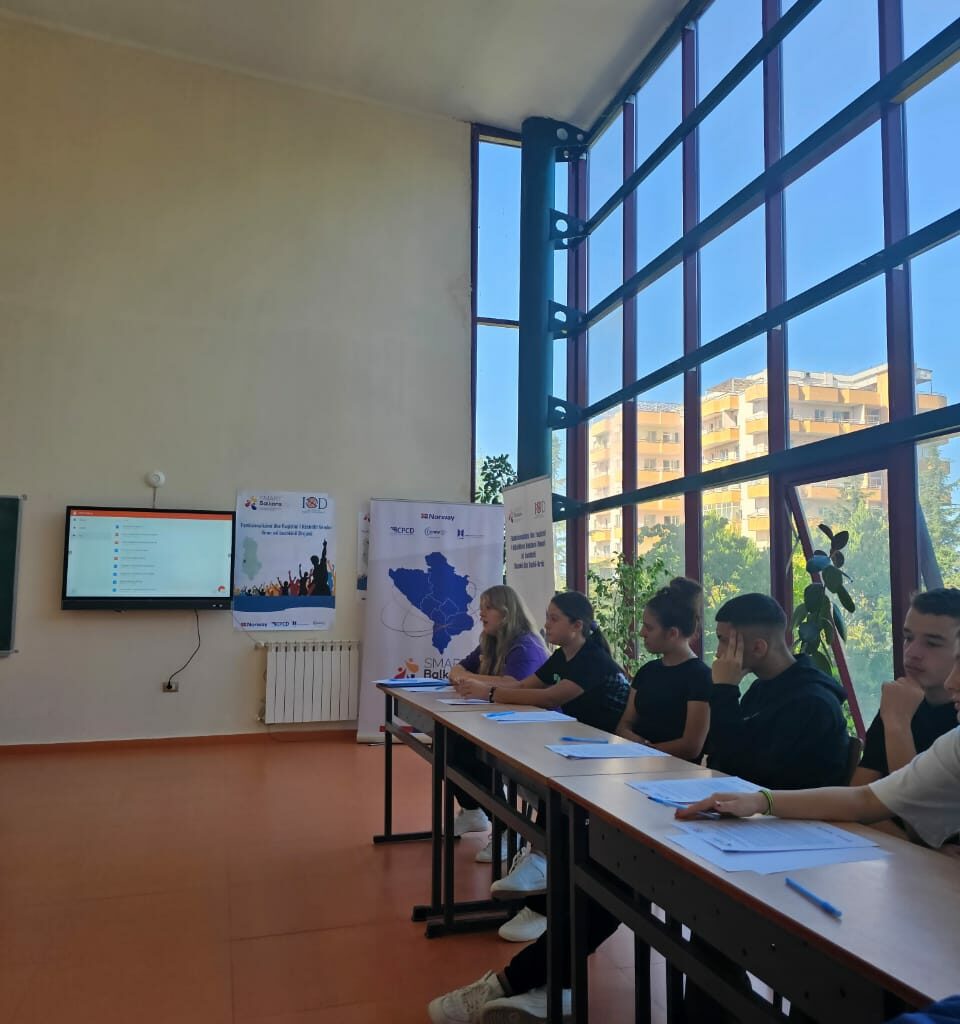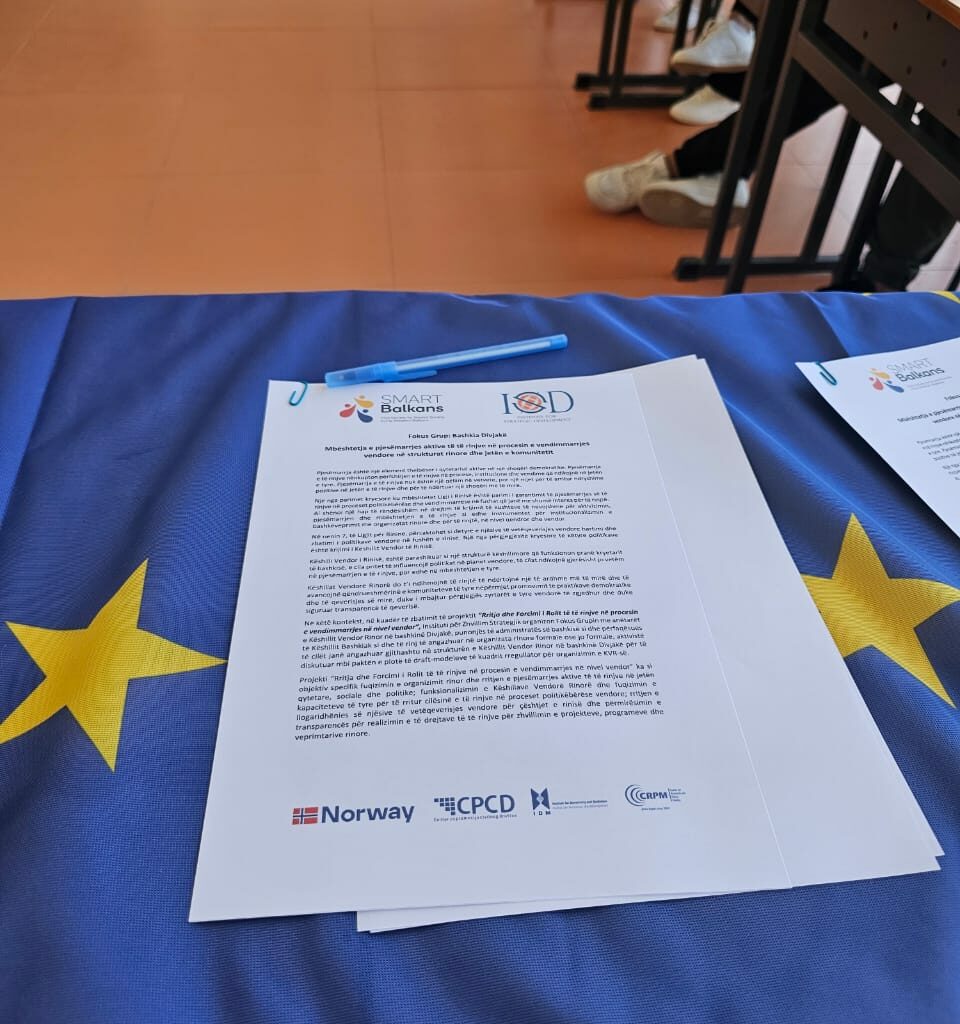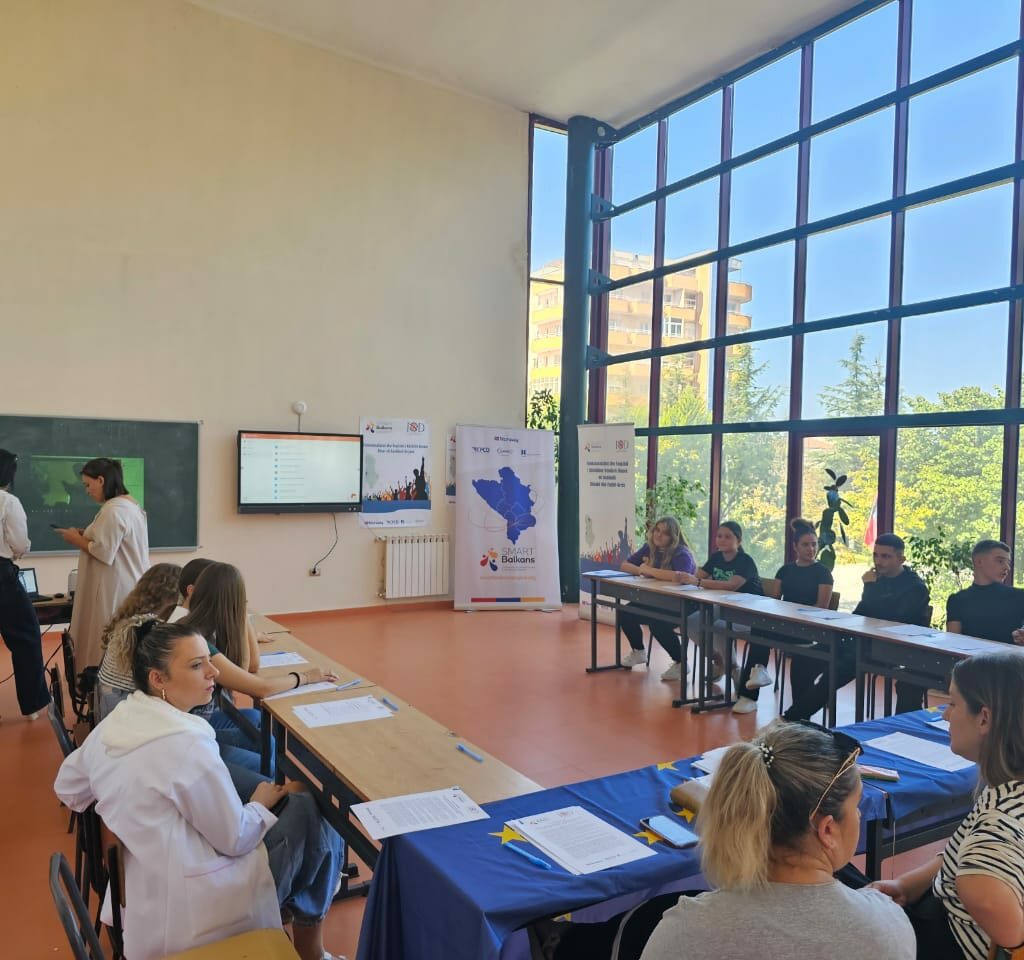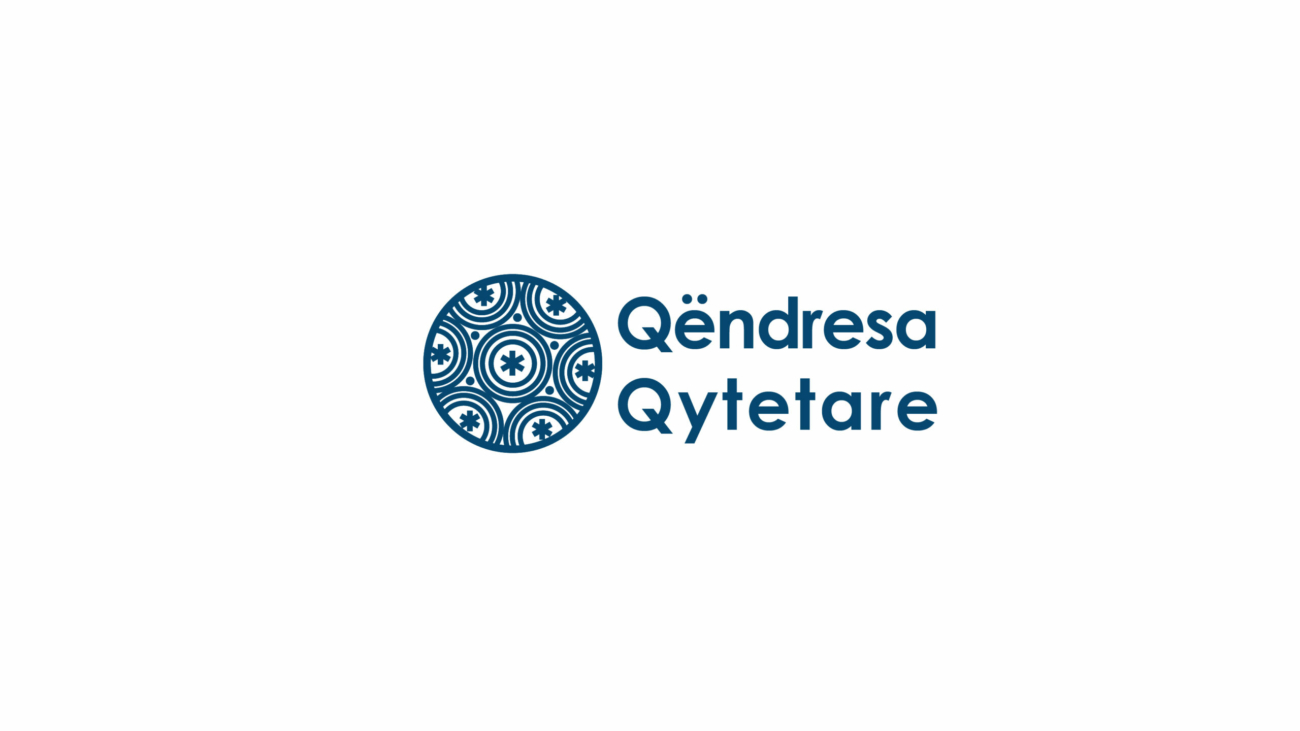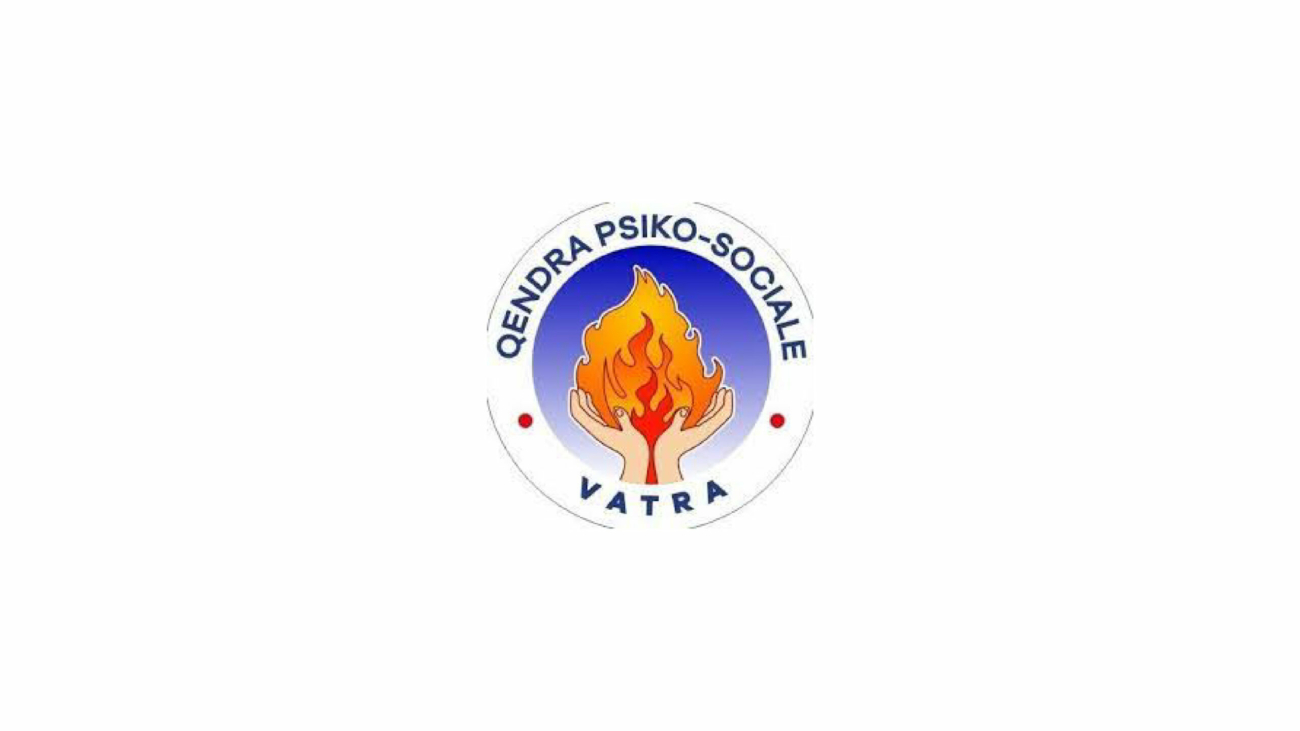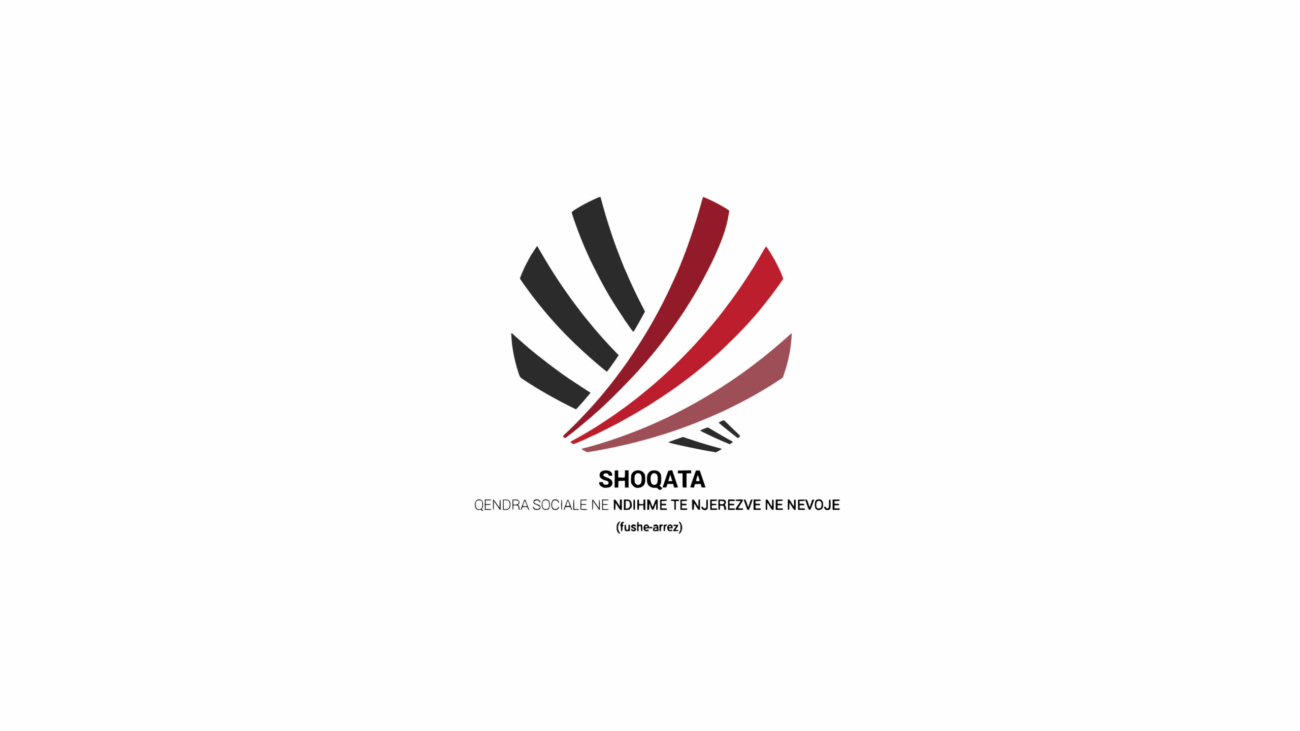Summary of organization’s strategic orientation
Democracy for Development’s mission is to influence the development of public policy in order to accelerate socio-economic development, improve governance, and strengthen democratic culture in Kosovo. D4D promotes an active and educated citizenry that both fully participates in the public space and utilises the public arena of representation and decision-making to deliberate and build consensus over smart, efficient, and sustainable resource allocation as well as equitable development. As a general objective that D4D contributes to the strengthening of democratic culture in Kosovo through influencing socio-economic policies, promoting good governance practices and field-based research that informs the public interest in Kosovo.
Beneficiaries and target groups:
D4D is a think-tank which primarily aims at decision-makers. In this aspect, if D4D identifies a sector that is performing below the desired optimum, it identifies bottlenecks and provides evidence as to why another decision would be better. Targeted advocacy then uses these arguments to convince a particular decision maker why pursuing a different course in the public interest would also benefit them. Therefore, D4D’s strategy is to work with the media and other influential actors in parallel with targeted advocacy. This dualistic approach tries to balance a close (but not too close) relationship with decision makers, to gain sufficient trust, but also to act in the public interest. In addition to decision makers and the media, D4D targets a number of other profiles.

